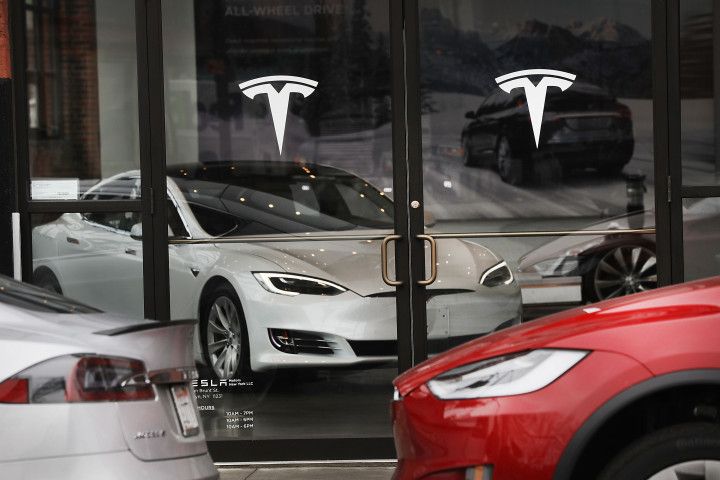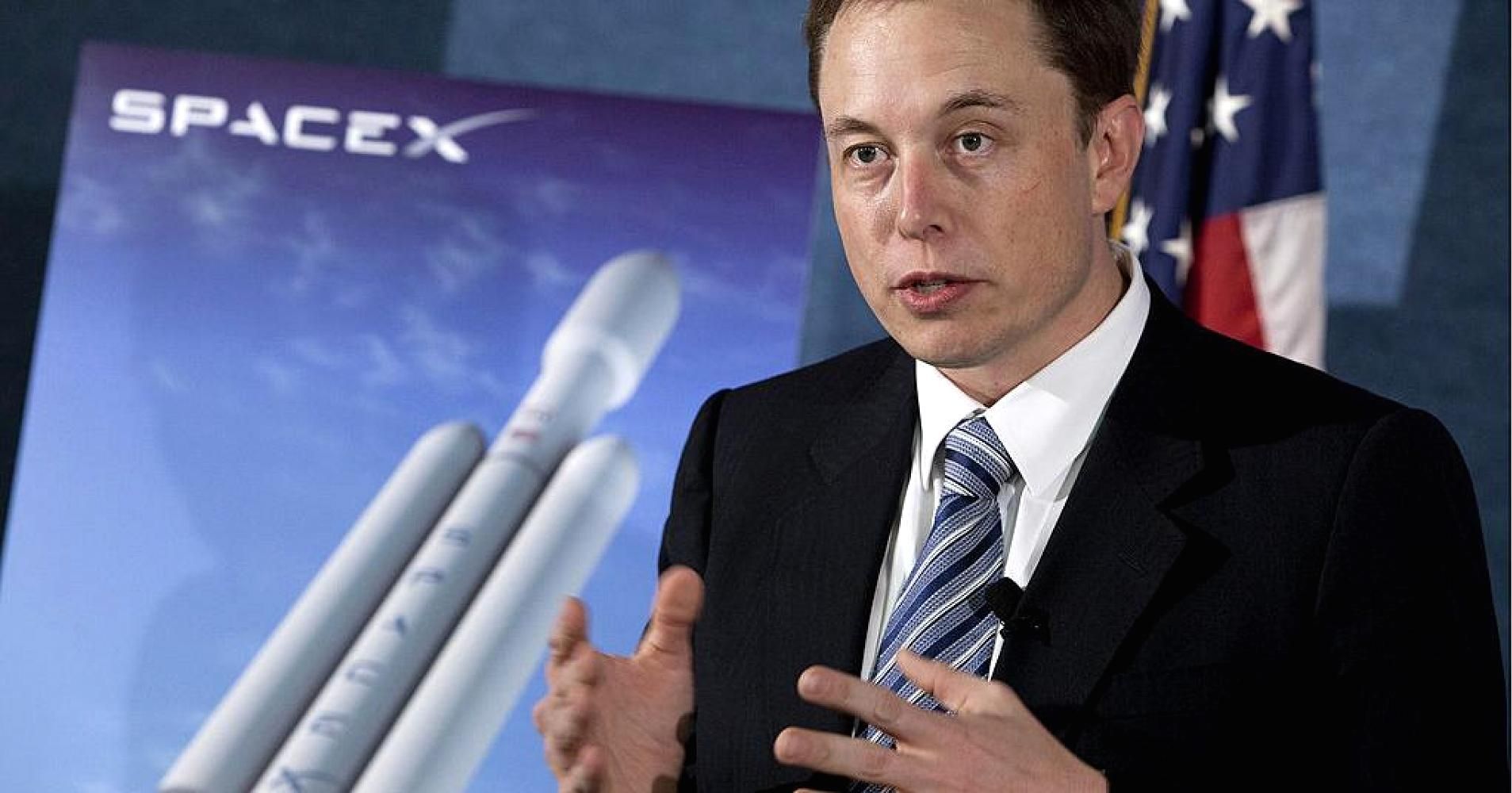SpaceX’s Elon Musk wants to send men and women on a one-way trip to Mars.
Category: Elon Musk – Page 274
Elon Musk Finally Confirms What The Boring Tunnels He’s Making Are Actually For
The Rand Corporations 1960’s plans for an underground hypersonic tube train transport system. The plan back then was from NYC to LA in about 20 minutes.
We now have an idea of just what Elon Musk’s Boring Company is going to be for. Yes, it’s to solve traffic, but it looks like it isn’t meant just to be your usual tunnel for cars. In a new update today, the company asserts that it’s actually building a tunnel that can also run the Hyperloop.
Serial entrepreneur Elon Musk is ready to conquer space, roads, roofs, and now even tunnels. What started out as a simple musing on Twitter has become a full-blown startup aptly named The Boring Company. Today, the company added an FAQ page to their website, which offers an abundance of new information about their specific goals.
The most notable announcement that was finally confirmed? The Hyperloop.

Elon Musk Just Unveiled Breakthrough AI Research. Here’s What Your Need to Know
Elon Musk co-founded artificial intelligence non-profit OpenAI just announced it has created an AI system that can learn to complete a task in reality after watching just one demonstration of that task in a simulated environment.
If imitation is the sincerest form of flattery, OpenAI’s newest robot system should leave humanity blushing. Not only can it successfully replicate human behaviors, it can do so after just a single demonstration of the task.

5 Books That Will Make You More Well-Rounded
“Today a reader, tomorrow a leader.” ―Margaret Fuller
Want to know one of the “secrets” to becoming a better leader? Become a more voracious reader.
One of the best ways to “stand on the shoulders of giants” is to read. We hear it all the time—that the most successful people, our greatest leaders, are people who read constantly (including Bill Gates, Steve Jobs, Elon Musk, and Warren Buffett).

Why Tesla Could Become the Next Apple
See also: Elon Musk Says Robots Will Help Tesla Catch Up to Apple in Value
So why won’t other auto manufacturers follow suit and overtake Tesla? First, their products, as well as their factories, are bogged down by legacy. Tesla’s electric cars are significantly easier to manufacture than internal combustion (IC) vehicles. Tesla’s Model S has fewer than 20 moving parts, compared with almost 1,500 moving parts in an IC-engine car. This means that there are fewer steps in the assembly process, fewer suppliers to deal with, and lower inventory of components and parts. Further, Tesla doesn’t have to deal with a unionized workforce, a complex supply chain, or a legacy dealer network. Free from this legacy, Tesla can embrace disruptive innovation without worrying about the backlash from workers, suppliers, and dealers.
To become as big as Apple one day, Tesla will need more than the “Henry Ford” approach to manufacturing. It will also need the “Steve Jobs” approach to marketing by creating a vast global appetite for its products. The Apple iPhone is a global product that can be sold from New York to Mumbai to Beijing with very little incremental investment. However, Tesla’s cars require the creation of infrastructure for charging and a distribution network from scratch—a very expensive and time-consuming process. Tesla will need to build out its charging network and distribution reach, country by country. China is an important overseas market for Tesla, as is Scandinavia; it also has a rollout plan for India with its Model 3.

Are You Drinking the Transhumanist Kool-Aid?
A new story out on #transhumanism:
In the Basic Income America Facebook group, Zoltan Istvan, a transhumanist who recently ran for president, shared his Wired article, Capitalism 2.0: the economy of the future will be powered by neural lace. He (along with many others) argues Wall Street, law offices, engineering firms, and more will soon be mostly void of humans.
I think I mostly agree with him. Algorithms will far surpass human ability to achieve the best possible outcomes (Nash equilibrium). Having read Super Intelligence, the Master Algorithm, The Age of Em, books on evolution, lectures, interviews, etc… I think we’re approaching an important moment in human history where we have to figure out morality so we can build it into the proto-AI children we are giving birth to. I’ve even toyed around with a fun idea related to the simulation hypothesis. Maybe we exist as a simulation, repeating the birth of AI over and over again until we figure out a way to do it without destroying ourselves or turning the universe into computonium.
I’ve argued the world may need a Universal Basic Income and Steem Power might power it. I’ve also discussed the morality of artificial intelligence. I’m a big fan of Ray Kurzweil and love hearing him lecture about the future longevity we might enjoy, but I also recognize how fragile biological life is compared to exponentially growing super intelligence. I’ve heard the concerns by Elon Musk, Stephen Hawking, and others, and to me, they are convincing.
So where does this leave us? What do you think of Zoltan’s article? Are we approaching the “If you can’t beat them, join them” moment in our evolution as a species? Will we one day all become transhumanists?

Elon Musk: Tesla’s Solar Roofs Will Be Cheaper Than Regular Roofs & Have “Infinity Warranty”
If he can deliver on the cheaper than a regular roof, and forever warranty, and have the warranty transfer to a new home owner in a sale, then these would really catch on.
Last night, Elon Musk announced that Tesla’s solar roofs would be on sale starting today. At the time, he also stated that more information on the panels was forthcoming. Now, he has unveiled key details about Tesla’s “infinity warranty.”
Last night, Elon Musk announced via Twitter that orders would begin today (May 10th, 2017) for his revolutionary solar roof hardware. In another tweet, he promised that ordering would be available in most countries throughout the world. He also clarified that people could expect to see delivery begin in the United States in late 2017, and that deliveries would roll out sometime next year for overseas locations.
But another announcement just came in that’s even more revolutionary: The solar roofs will have an infinity warranty.
Elon Musk: The future we’re building — and boring
May 7, 2017 Elon Musk discusses his new project digging tunnels under LA, the latest from Tesla and SpaceX and his motivation for building a future on Mars in conversation with TED’s Head Curator, Chris Anderson.

Elon Musk’s SpaceX plans to send the first of its 4,425 super-fast internet satellites into space in 2019
Elon Musk’s SpaceX plans to start launching satellites into orbit in 2019 to provide high-speed internet to Earth.
In November, the company outlined plans to put 4,425 satellites into space in a Federal Communications Commission (FCC) filing. But the document gave little detail on the timeline.
However on Wednesday, Patricia Cooper, SpaceX’s vice president of satellite government affairs, said later this year, the company will start testing the satellites themselves, launch one prototype before the end of the year and another during the “early months“ of 2018. Following that, SpaceX will begin its satellite launch campaign in 2019.
Rep: #TheRaceforSpace
Congressman Charlie Crist on Elon Musk’s space efforts in Florida: “What Mr. Musk has been able to do [with SpaceX and solar energy] is nothing short of extraordinary.”